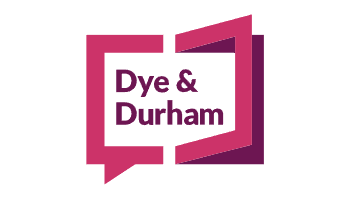In the compliance-heavy and detail-oriented legal profession, it is crucial that information is accurate, protected and easily found and that robust systems and processes are in place to ensure best practice and risk management.
Every legal practice carries risk, but those risks can be minimised. In my experience, the key issue with mitigating risk is understanding that the biggest threat to a legal practice comes from people—both externally and internally.
At one end of the scale are malicious actors. These could be external parties seeking to gain access to information to ransom or to steal valuable personal and/or intellectual property. Alternatively, they could be internal staff, perhaps disgruntled former or current employees, who may act maliciously.
At the other end of the scale (and more commonly encountered) are the non-malicious actions of staff which represent a risk to a business. The fact is that we’re all human and mistakes happen—either through forgetfulness, oversight or inexperience. Whatever the cause, a simple mistake can have severe consequences for a legal practice and its clients.

Technology is one of the best tools available in mitigating risk today and into the future.
In a data-driven world, information is everywhere and in a myriad of formats. In the conduct of a matter it could be hidden on various systems, hard drives, and emails and often takes valuable time to collate to get an up-to-date overview on the status of a file.
Risk and ongoing inefficiencies haunt many businesses, and this is where technology provides the tools for the job.
Technology can secure information and deliver it in convenient, readily-available ways like never before.
Similarly, technologies for precedents and workflows allow businesses to embed best practice and compliance into the conduct of every matter and is a huge step forward in addressing the risk of human error.
Technology enables us to complete thorough due diligence and ensures best practice that is both efficient and effective. Due diligence, in turn, mitigates risk.
Software products like ATOM give instant access to the industry’s most comprehensive range of searches and accurately capture all fees and disbursements, saving firms significant time and money.
With the added context of the Covid-19 pandemic, technology has helped us to continue to work while ensuring social distancing and navigating the complexity and risks of the digital world safely.
Technology solutions include SignMe Electronic Signing, which enables legal, financial and conveyancing professionals and clients to e-sign documents more securely. Software such as VirtualVOI allows you to verify the identity of your clients anywhere in Australia, or internationally, without having to meet.
In that same process, communications, both internally and externally, are encrypted for protection against cyberattacks.
Technology gives us a high-level way for humans to visualise and operate a business in a more effective and efficient manner.
At the end of the day, businesses survive on their ability to operate effective and efficient systems and by having the right quality controls in place.
Technology that is intuitive, user-friendly and facilitates management of a matter means we are better positioned and equipped to succeed.



